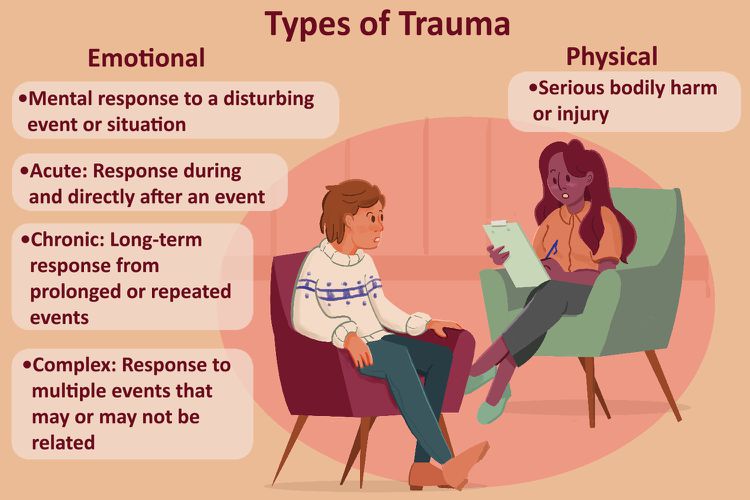Trauma and Addiction [6 films, 10’56”]
James Deakin says: ‘For the vast majority of us it [addiction] is self-management of an underlying condition, it’s self-medication, or it’s just using any drink or drug to move away from a set of feeling[s] for a period of time.’ Addiction is often a symptom of a psychological problem, such as the impact of trauma.
When people arrive at Penrhyn House, the residential part of North Wales Recovery Communities (NWRC), they are asked to provide a timeline of their life, as James and colleagues want to be aware of potential triggers arising from past traumas.
New community members are generally asked to initially focus on building their sobriety before tackling issues arising from past traumatic experiences. In some cases, NWRC refers people on to specialist trauma counsellors. All members have access to an on-site counsellor for 12 weeks.
James describes how one of their community members is very open about her personal traumatic experiences, and this makes it easier for others to open up about their own traumas. Despite her horrific experiences, she does not let them define her—she is not a victim.
James believes that trauma-related matters are badly under-resourced, although awareness is increasing in Wales. He points out that numbers of men who were affected by institutional sexual abuse are ‘basically full-on addicts’ and have been for years. Everyday people only see these men’s addiction; they don’t see the traumatised children who sit behind it all.
North Wales has a trauma legacy from what happened in children’s care homes decades ago. Over the years, James has worked with 15-20 of men who have suffered institutional sexual abuse. He emphasises that they don’t sleep at night—they wait for the daylight hours when they will be safe.


